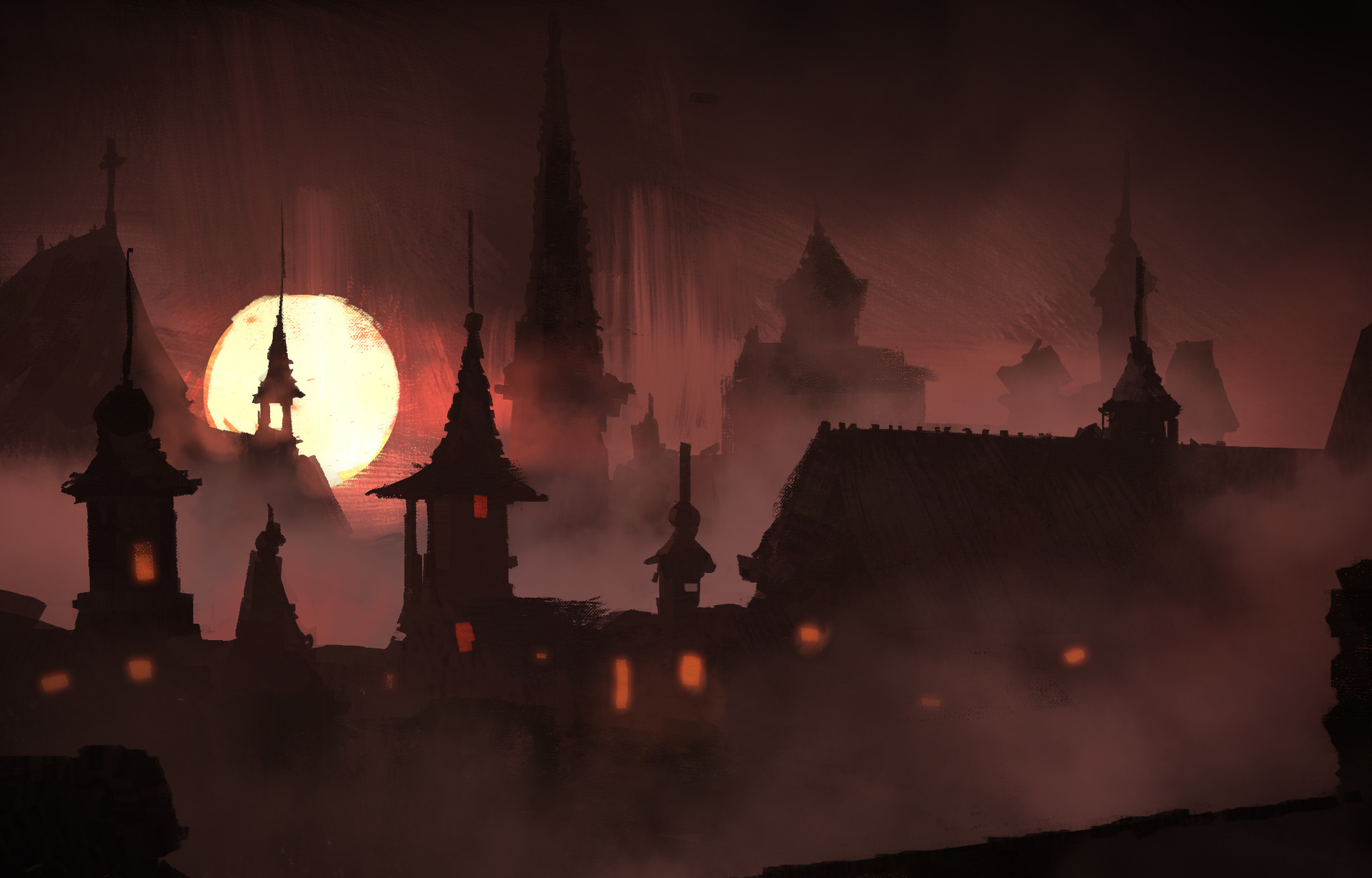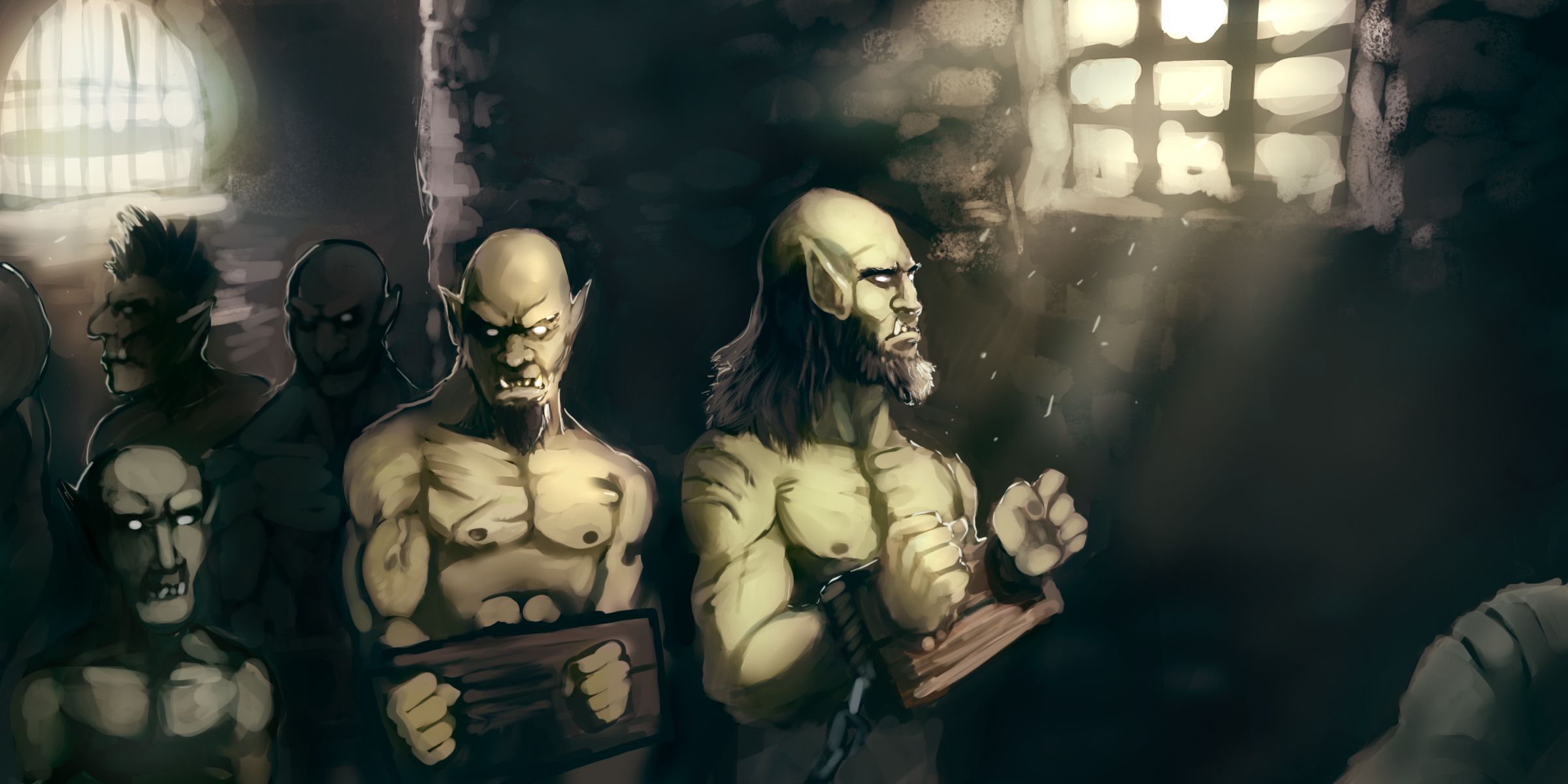Is it still available at the original hosting site?
Red Wizard Member
Crimson Conjurer
STATUS: No matter how subtle the wizard, a knife between the shoulder blades will seriously cramp his style. 2 mos ago- Last Seen: 11 hrs ago
- Joined: 11 yrs ago
- Posts: 1035 (0.26 / day)
- VMs: 2
-
Username history
- Red Wizard 1 yr ago
- █████ 11 yrs ago
-
Latest 10 profile visitors:
-
Most recent →
Dragonydas,
 Xaltwind,
Xaltwind,
 CitrusArms,
CitrusArms,
 Crimson Flame,
Crimson Flame,
 Noctis,
Noctis,
 Lemons,
Lemons,
 Marik,
Marik,
 Kuro,
Kuro,
 Ozyamandias644,
Ozyamandias644,
 Lurking Krog
Lurking Krog
Status
Recent Statuses
2 mos ago
Current
No matter how subtle the wizard, a knife between the shoulder blades will seriously cramp his style.
6
likes
2 mos ago
Today is my birthday! I wish you all a truly enchanted day!
19
likes
1 yr ago
Arguing over petty details at times of dimensional emergency was a familiar wizardly trait.
2
likes
1 yr ago
It's my birthday! I wish you all an excellent day!
18
likes
1 yr ago
A wizard never had friends, at least not friends who were wizards. It needed a different word. Ah yes, that was it. Enemies. But a very different class of enemies. Gentlemen.
2
likes
Bio
User has no bio, yet
Most Recent Posts
@Nanolyte@CollectorOfMyst@Theyra@Bacon is fluffy@Fuzzybootz
Been a few days. How's it going for you?
Been a few days. How's it going for you?
@Fuzzybootz You can post your applications here!
@Bacon is fluffy@Fuzzybootz Cool all around! Let me know if I can help you with anything.
@Theyra Could work! Just remember to make the character fit the theme and setting when you write it.
@Havoccultist No problem, have a good one!
@Nanolyte Sounds like a cool concept! I'm looking forward to reading the character when it's done.
@CollectorOfMyst No CS for this game. You can make one yourself if you like, or simply write me a nice character profile!
@CollectorOfMyst No CS for this game. You can make one yourself if you like, or simply write me a nice character profile!
THE SHADOW OVER OLD CALEDON
an Eldritch Victorian Fantasy Tale of Suspense

Welcome to the game!
In The Shadow over Old Caldeon, you will play as a gathering of individuals investigating a series of strange occurences in the city of Caledon. Your characters will begin their journeys separate from each other, but will have to team up as the plot thickens. You will have a lot of freedom when creating your character, albeit within the framework of the theme and setting.
My Role
I will take on the role of a traditional DM, giving you feedback on your characters actions and playing the part of the more important NPCs. I will not control every aspect of the game outside of your characters, though. I want you to have the freedom to write the story of your character without too much meddling. The rule goes as such: If you're using your post to get ahead in the plot and need my assistance with feedback or NPCs, you'll tag me in the post. If your post is dedicated to developing your character, or interacting with NPCs or other players in a way that isn't crucial to the plot, you don't have to tag me. I will try to be as clear and fair as possible. If you have feedback on my DMing, feel free to write them in the OOC or send me a PM.
Your Role
You will take on the role of an investigator trying to solve the mysteries of the strange occurences in Caledon. There is no Character Sheet or anything like that for this game. I want you to write me a decent profile on your character that fits with the theme and setting. I would prefer it if the majority of players chose to play as humans or human hybrids, but you are free to pick any race for your character. You may also play as a character with status, or an infamous one, if you prefer. Anything goes within the framework of the story. When playing, I want the group to be fair and creative. We should all strive towards making the story as interesting and satisfying as possible. If this sounds fun and manageable to you, you're welcome to apply with a character in the discussion below.
Thalamor
This game takes place in Thalamor, an ancient land full of mystique and magic. There are high mountains and deep forests, alongside wild rapids, calm lakes, wind-swept plains, and grand cities. Here, humans mingle with elves, dwarves, orcs, and a host of other creatures and beings. Over the past century, Thalamor's old medieval world has been thrust into an industrial revolution with humans, a previously insignificant people, at the forefront. The old order is challenged by winds of change which, depending on who you ask, promise a bright future or threaten with darkness and ruin.
Caledon
At the mouth of the Kaper River, on the coast of the Twilight Sea, lies a city. Black smoke rises over the city's rooftops like man-made thunderclouds from the countless factory chimneys, plunging streets and alleys into shadow. The glow of gas lamps dispels the darkness, and under their light, thousands upon thousands of souls scurry back and forth to the rhythm of the city's pulse. People and creatures of all kinds gather here, some above ground and others below, to chase dreams and engage in more or less shady dealings. It is a wondrous city, home to the latest scientific discoveries and the richest market in the world. It is a terrible city, a stinking gutter filled with poverty and oppression. It is Caledon, the city of tomorrow, and nowhere in the world can its equal be found.
Strange Occurences
Below are a few notesworthy news that could serve as a start to your characters investigation. You may choose among them at your own discretion.
Looking forward to playing with you!
Questions, feedback and applications below, if you please!
Questions, feedback and applications below, if you please!
In
Interest Check for an Eldritch Victorian Fantasy Tale of Suspense
→
1 yr ago
Forum: Advanced Interest Checks
Sorry about the delay. I'm nearly there with the OOC. Shouldn't be much longer now.
© 2007-2024









